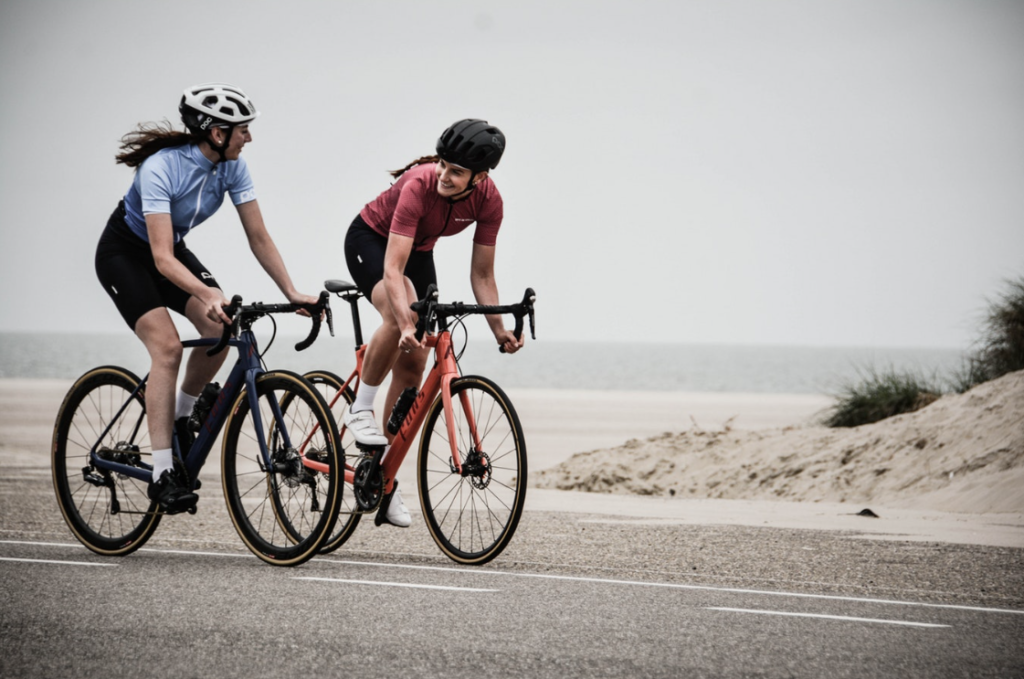Cape Town has one of the most actively-involved cycling communities in the country, but many residents feel not enough is being done to alleviate the city’s traffic congestion problem or to promote and support the use of bicycles in the Mother City as an alternative to driving.
Founded in 1976, the Pedal Power Association (PPA) is a Public Benefit Organisation committed to promoting cycling and the interests of cyclists, and many locals can agree with their argument that the City does not promote the use of alternative transport enough.
Pedal Power Association CEO Robert Vogel says, “As a resident of Cape Town, I don’t see the city playing an active role in promoting cycling as a recreational activity or as a means of mobility. The city talks about Non-Motorised Transport (NMT), which includes cycling, walking, skateboarding and horse-drawn carts. PPA was invited to serve on a Sustainable Mobility subcommittee, which took about three years to get off the ground. The committee has met twice to date and done nothing. NMT projects are implemented without engaging with the subcommittee, so I am still not sure what PPA is doing there.”
Vogel is concerned that the City and the government are not supporting organisations that strive to change transport behaviour.
“Organisations and individuals [who] are trying their hardest to change mobility behaviour receive no support or endorsement from local, provincial or national government. A few months ago the National Department of Transport asked for comment on a proposed national 1.2m passing law [this refers to the space a car should leave between it and a bicycle when overtaking one]. PPA submitted comments, but about a month or two ago when we asked for an update, an official in the department told us the law would probably not be passed, as it would inconvenience the motorist,” says Vogel.
Like others, Vogel is frustrated with the lack of attention and commitment that officials have to offer even with a Cycling Strategy document available for use.
“There is no proactive thought or strategy in place at the city or province, let alone government, to make roads safer for cyclists, which would go a long way towards persuading people to get on a bicycle. Cape Town has a Cycling Strategy document, approved by council. Nothing is being done with it,” says Vogel. However, he also says that he “can’t give up trying to get the system to be more supportive of and actively promote bicycle mobility in all its forms.”
We spoke to the City’s Mayoral Committee Member for Transport, Alderman Felicity Purchase, who said, “In the past ten years, the City has provided over 30 non-motorised transport (NMT) projects and achieved over 500km with universal access design principles.”
Below is a brief summary of current non-motorised transport initiatives:
– Annual NMT data capturing programme for monitoring and evaluation purposes
– NMT project implementation in the Eerste River and Blue Downs areas is currently underway
– An NMT project was recently completed in Otto du Plessis Road between Big Bay and Melkbosstrand
– NMT project in Edgemead/Monte Vista/Bothasig areas is in construction stage
– NMT project implementation in the Durbanville and Fisantekraal areas is currently in appeal. Project implementation is subject to the outcome of an appeal received for appointment of the contractor
– Phase 2 NMT project in Blaauwberg north is in tender stage
– Phase 2 NMT project in CBD is in tender stage
– NMT project in Kommetjie Road in the southern region will provide safer NMT facilities
– Citywide NMT Programme Phase 4 is in tender preparation stage.
“The NMT design, tender preparation, supervision and project implementation is undertaken through the citywide NMT Programme. The three-year appointment for Phase 3 will end in June 2019 and the preparation of the tender for Phase 4 is at an advanced stage… These initiatives are aimed at stimulating the use of the NMT modes in safer environments. All other transport infrastructure projects like roads upgrades, bridges, the BRT; public transport interchanges include NMT facilities. For example, Kommetjie, Amandel, Broadway, Saxdowne, Onverwacht, Belhar roads and park-and-ride facilities at stations for the BRT Phase 1 and 2,” says Purchase.
Despite the City’s claim that it is making efforts to make using NMT easier, residents still feel like more could be done to change transport perceptions and better mobilise daily commuters – hence the work by initiatives such as the Pedal Power Association.
“There is more to PPA than fun rides. Cycling advocacy requires patience, perseverance, a thick skin, optimism, but also funding. Results are hardly ever immediate and it’s not the fun part of cycling, but there are individuals and organisations that are trying to shift behaviour and mind sets. I can’t promise you a change overnight, but I would ask you to stay on as a member and give this office the resources to try and make your Saturday morning coffee ride or your Monday commute, a safer one,” Vogel concludes.
More from Pedal Power here.
Picture: Unsplash

